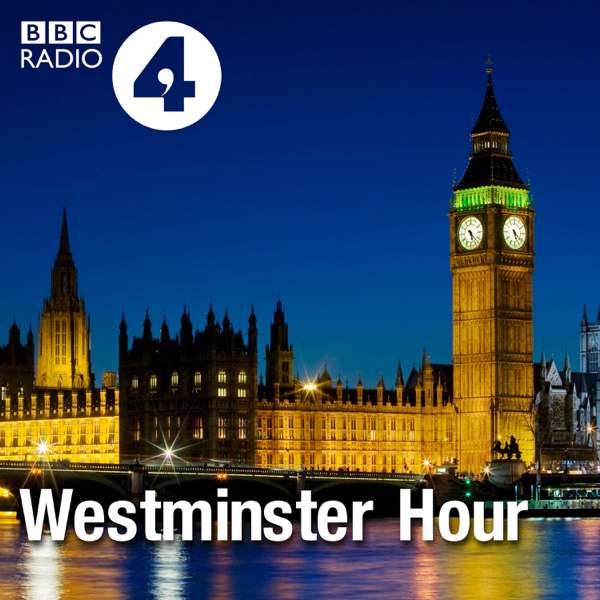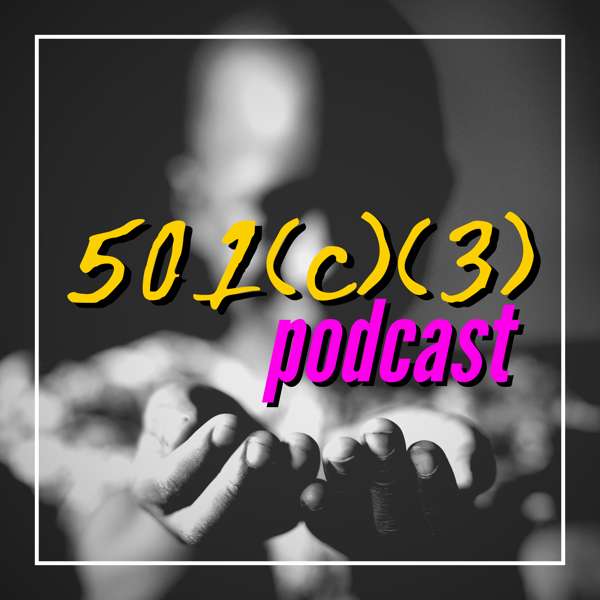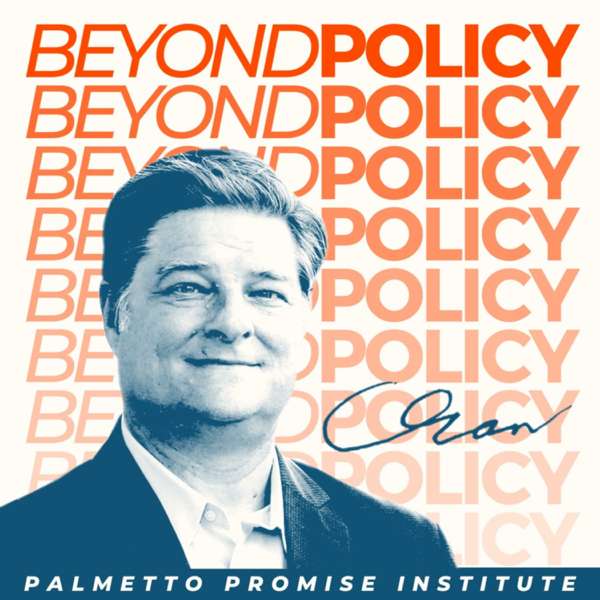Welcome to the radio magazine that brings you news, commentary and analysis from a Black Left perspective. I’m Margaret Kimberley, along with my co-host Glen Ford. Coming up: We hear a lot of discussion these days about the history of genocide against Black Americans, but many people are still unaware that Black leftists presented a petition to the United Nations charging the U.S. with genocide, 70 years ago. And, Patrice Lumumba, the first elected prime minister of the Congo, was assassinated 60 years ago, with the collaboration of the United States. A group of scholars marked the occasion with a discussion of Lumumba’s political legacy.
But first – it’s been one helluva year, politically and on the public health arena. The Black Is Back Coalition for Social Justice, Peace and Reparations held a national conference, last week, to sum up the changes and challenges that emerged in 2020. Black Is Back is a Coalition of organizations. Betty Davis is a New York City activist who chairs the Coalition’s Community Control of Education Working Group. She says Black folks need to seize control of their local education budgets.
Ajamu Baraka is a veteran activist who ran for vice president on the Green Party ticket in 2016. He’s national organizer for the Black Alliance for Peace, which is part of the Black Is Back Coalition. Baraka told the Coalition’s year-end conference that U.S. imperialism was clearly in disarray in 2020.
In 1951 Black entertainer and activist Paul Robeson and other Black leftists presented a petition to the United Nations demanding that the United States be held accountable for a long list of crimes against its Black population. The petition was titled “We Charge Genocide.” Last week, Dr. Charisse Burden-Stelly joined other Black activists and academics to commemorate the events of 70 years ago, in an online seminar. Dr. Burden-Stelly is a professor of Africana Studies and Political Science at Carleton College, and part of the team that produces BAR’s Black Agenda Review. She reminds us that U.S. government atrocities against Black people have never stopped.
Also present to commemorate the “We Charge Genocide” petition of 1951, was Dr. Trevor Ngwane, a lecturer at the Center for Sociological Research at the University of Johannesburg. Dr. Ngwane is co-author of the book, “Urban Revolt, State Power and the Rise of People’s Movements in the Global South.” He says Black South Africa is quite familiar with colonial perpetrators of genocide.
Sixty years ago, the legally elected prime minister of the newly independence Democratic Republic of the Congo was assassinated as a result of plots orchestrated by the United States and its European allies. The Friends of Congo celebrate January 17 as Patrice Lumumba Day. To mark the occasion, activists and academics held on online seminar, moderated by Dr. Samuel T. Livingston, Associate Professor and Director of the African American Studies Program at Morehouse College. Among the speakers: Ludo De Witte, a Belgian sociologist and historian and author of his book, “The Assassination of Lumumba”; Georges Nzongola-Ntalaja, a professor of African and Global Studies at the University of North Carolina at Chapel Hill; and Ira Dworkin, associate professor of English at Texas A&M University. Dworkin is author of “Congo Love Song: African American Culture and the Crisis of the Colonial State.” He Black Americans immediately recognized the assassination of Lumumba as a crime against all people of African descent.

 Our TOPPODCAST Picks
Our TOPPODCAST Picks  Stay Connected
Stay Connected







